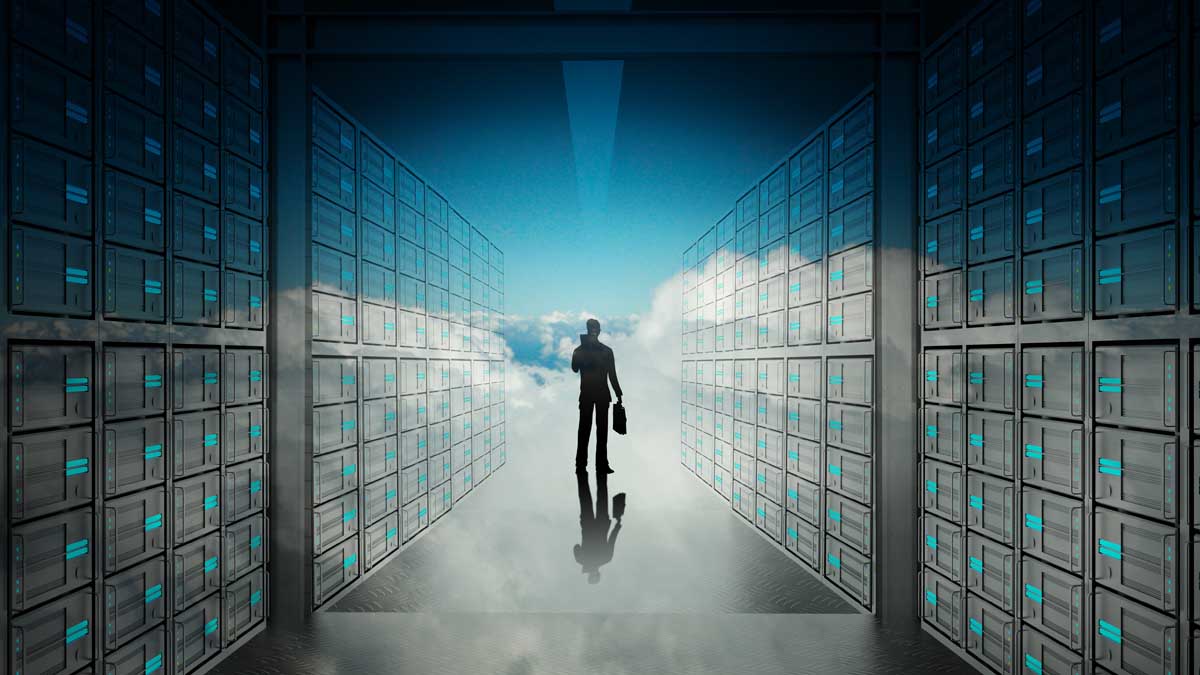Lessons for other cities from Philly’s failed attempt at universal broadband
Listen Photo via ShutterStock)" title="shutterstock_184875824" width="1" height="1"/>
Photo via ShutterStock)" title="shutterstock_184875824" width="1" height="1"/>
http://www.shutterstock.com/pic-184875824/stock-photo-engineer-business-man-in-d-network-server-room-and-cloud-inside-as-concept.html?src=pd-photo-220341394-mIxlB0J_Y_GWGgN4NG-2BA-5&ws=1http://www.shutterstock.com/pic-184875824/stock-photo-engineer-business-man-in-d-network-server-room-and-cloud-inside-as-concept.html?src=pd-photo-220341394-mIxlB0J_Y_GWGgN4NG-2BA-5&ws=1">Photo via ShutterStock)
In the recent “net neutrality” ruling, the FCC declared Internet access to be a public utility, like water or electricity. It paves the way for more cities to consider offering Internet service to their residents.
As a pioneer in that arena — albeit a failed one — Philadelphia’s foible could be fodder for other cities’ forays. Tony Abraham probed that possibility in a TechnicallyPhilly article. He spoke about it with NewsWorks Tonight host Dave Heller.
WHYY is your source for fact-based, in-depth journalism and information. As a nonprofit organization, we rely on financial support from readers like you. Please give today.


